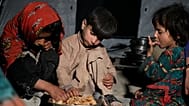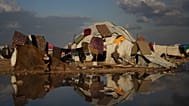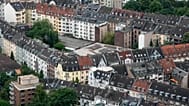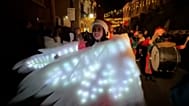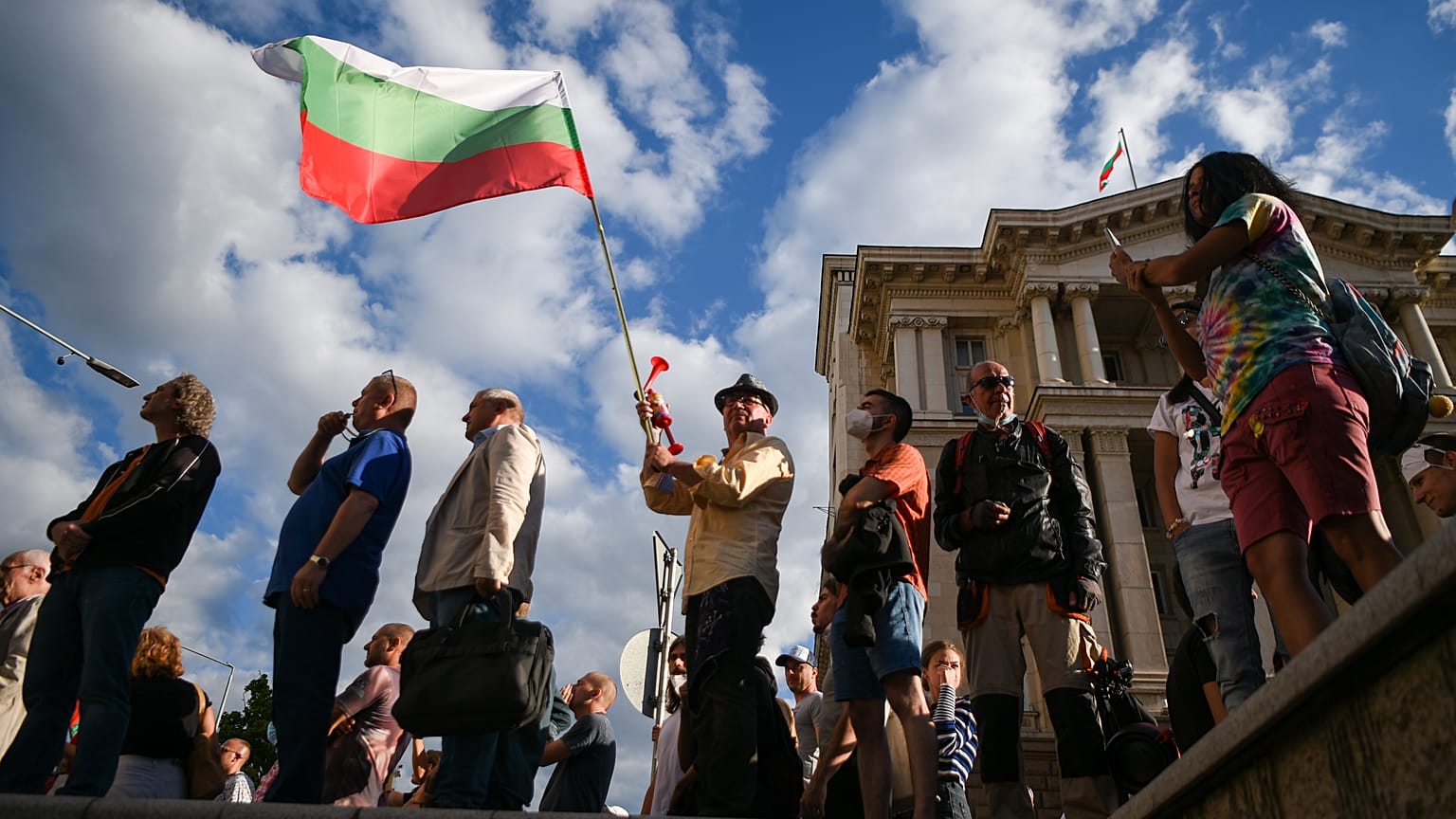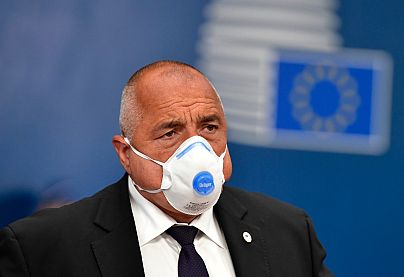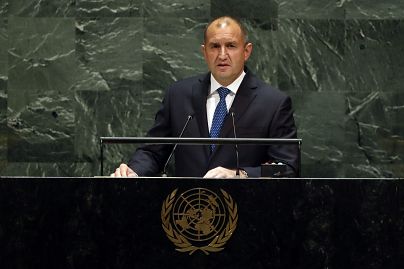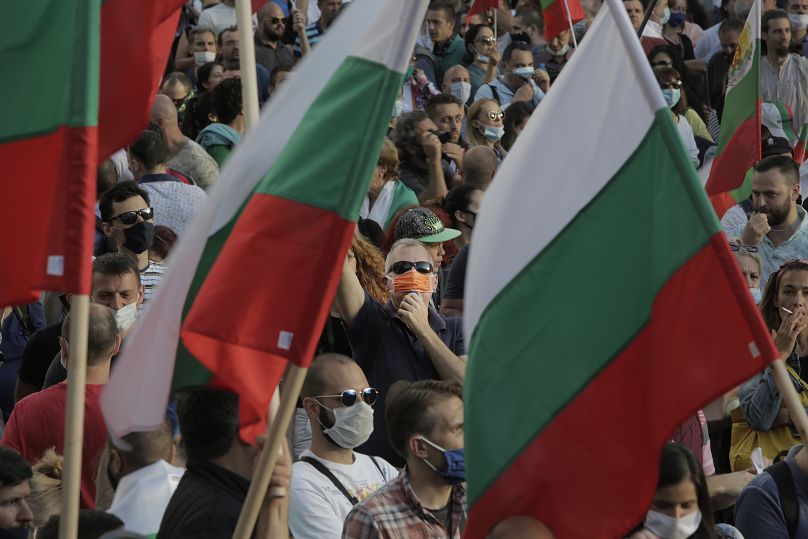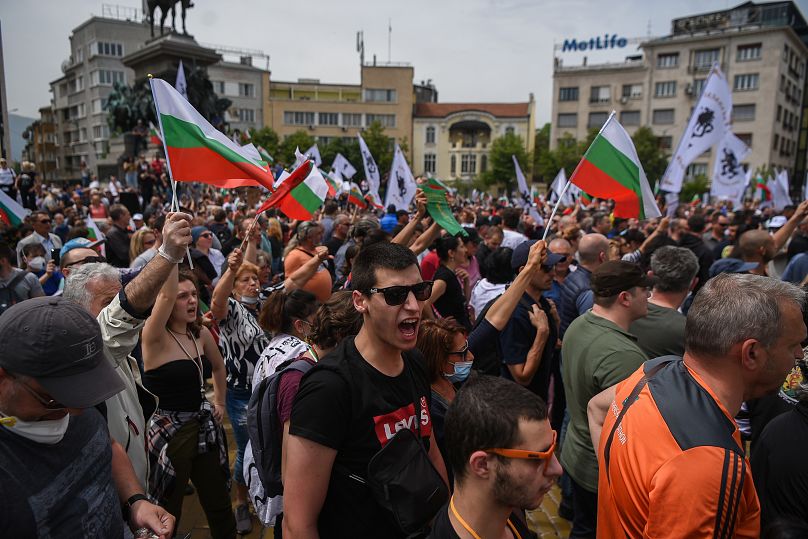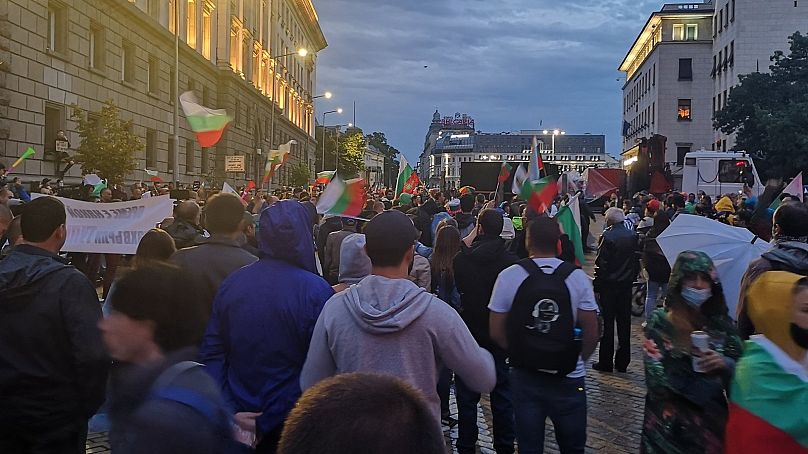Protests in Bulgaria have continued for over a week, with demonstrators fed up with endemic corruption. How have events spiralled? And can the government calm the storm? Euronews answers.
Thousands of anti-government protesters in Bulgaria — some chanting "Mafia out" — have hit the streets of the capital Sofia.
They allege endemic corruption and want the resignation of PM Boyko Borissov, his centre-right government and the chief prosecutor.
So, what's the story behind the protests? And, can Borissov successfully calm the storm engulfing his administration?
What's the background to Bulgaria's anti-government protests?
July 7: Heavily armed security officers raided the offices of President Rumen Radev, a vocal critic of the conservative ruling party's record on corruption. Radev accuses Borissov of having "links with the oligarchs".
The president's legal affairs and anti-corruption secretary and his security and defence advisor were detained for questioning and their offices searched.
Critics say the raid and arrests, organised by Chief Prosecutor Ivan Geshev, raise questions over whether his role has become too political.
"Corruption and the justice deficit is a terminal issue," Dimitar Bechev, a senior fellow at the Atlantic Council, told Euronews.
"But now it resonates with a wider swathe of society as Prime Minister Borissov looks weak and dependent on vested interests and Ivanov’s actions exposed vividly how graft is victimising each and every Bulgarian," he said.
Prosecutors said the raids were part of two separate investigations into influence-peddling and disclosure of state secrets.
Protesters, who chanted “Mafia out” and “Resign” on Saturday accuse Borissov’s government and chief prosecutor Geshev of deliberately delaying investigations into alleged links between officials and local oligarchs.
July 11: Radev called on the government and the chief prosecutor to resign.
"Turning the government into a mafia-type structure has pushed freedom-loving Bulgarians of all ages, regardless of their political affiliations, to raise demands for respect of the law," he said in a televised address to the country.
"There is only one way out of the current situation -- the resignation of the government and the prosecutor general."
He said anger had risen after years of "corruption, incitement of fear, prosecution racketeering" and that an "anti-mafia consensus" was forming.
Civil protests begin hours later with demonstrators demanding the ruling GERB party and chief prosecutor resign.
July 12: Protests turn violent. 18 demonstrators are arrested, two protesters and four police officers injured.
July 13: Protesters now demand an end to what they say is police brutality as well as for the government's resignation.
Hundreds of demonstrators take to a small beach on the Black Sea to protest against high-ranking officials they believe broke the law.
Access to the beach is cut as it is an estate used by the leader of a small liberal party that quietly backs Borissov, reports AFP news agency.
Protests continue the following days in the capital Sofia and in some other cities in Bulgaria. Government protesters also try to break into parliament.
Is Bulgaria corrupt?
Governance watchdog Transparency International ranks Bulgaria as the most corrupt of the 27 nations in the EU.
"The sense of a lack of justice accumulated through all those instances in the last month or so," said Vessela Tcherneva, head of the Sofia office of the European Council on Foreign Relations think tank.
"People got very enraged because they're now convinced the oligarchy has much more power over the state than anyone can imagine and that the prosecutor general acts as a politician rather than a public defender," she told Euronews.
But it is not just at a political level. Corruption affects Bulgaria's businesses too. The economy is said to be one of the poorest in Europe, mainly due to corruption.
A 2019 report from the Centre for the Study of Democracy in Sofia on corruption in Bulgaria said that at least 35% of public procurement contracts involve corrupt practices.
How has the Borissov reacted to calls for him to resign?
Prime Minister Borissov, a former bodyguard and fireman, said when the protests started he would stay in power citing a need for stability as "the world enters into its most horrible crisis", referring to the coronavirus pandemic.
He has repeatedly urged for calm and refused to stand down.
On July 15, Borissov's party announced in a statement that the prime minister had asked for the resignation of the finance, economy and interior ministers after talks within the party.
The news was initially applauded by thousands of protesters but, a day later, more than 18,000 people were back on the streets calling for Borissov's resignation.
"Judging by the level of rage you can see on the streets, a lot of young people won't take cosmetic measures as an answer," said Tcherneva, adding that the firing of the ministers will probably not be enough to quell the unrest.
"We may also have reached the point of no return in the sense that only holding new elections can resolve the crisis," she said.
Who are Bulgaria's anti-government protesters?
The demonstrators are mainly students, artists and young professionals, said Tcherneva.
She said the rallies are mainly peaceful and that the "general motive is extremely civic".
"Even yesterday [Thursday] we saw people from the demonstrations standing between police and protesters to avoid any tension or provocation," she said.
As the number of protesters is between 10,000-20,000 people, she said the movement is "not threatening to stability or public order".
Euronews has interviewed Maria Mateva, a 32-year-old activist at Правосъдие за всеки (Justice for All) who joined the protest from day one, initially in her hometown of Burgas, then in Sofia.
According to Ms Mateva - who wants a comprehensive reform of the justice system, including changes to the chief prosecutor's role - no mainstream party is fit to drive real change in Bulgaria.
"Look, most political formations in Bulgaria descent from the Communist party structure, they are the same people coloured differently".
She hopes that smaller parties, like Democratic Bulgaria (DB), supported by the "true democrats", she says, will grow bigger in the future. (DB currently holds no seats in parliament).
However, she thinks it will be the young people that will have the power to turn the tide, a generation that "studied and lived abroad" and that will "hopefully get rid" of the current political class, something the previous generations failed to achieve.
"My cousin just called me on the phone from Dublin crying 'I had to be with you, my generation is stupid and failed, but you will succeed'".
Ekaterina Dimitrova, a young Bulgarian who studied in the UK and lives in London, is part of the generation Maria Mateva referred to, and agrees with her: "We need a fresh start, new faces".
What's the solution to Bulgaria's protests?
The solution for rooting out corruption in Bulgaria lies in new elections, said Bechev, adding it would have to be followed by "root-and-branch judiciary reform", which would include "curbing the prosecutor general’s power and expanding accountability".
But that appears unlikely. Borissov's current term in office is due to end in early 2021 and he has refused to step down before then.
He is due to face a no-confidence motion launched by the Socialist party next week, which he is expected to win.

